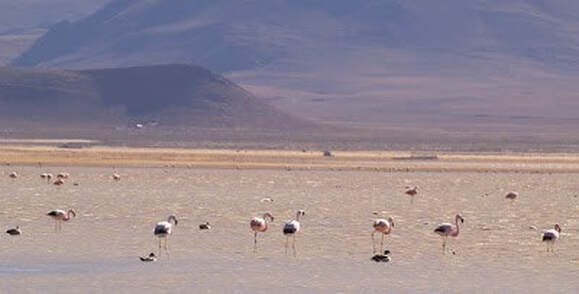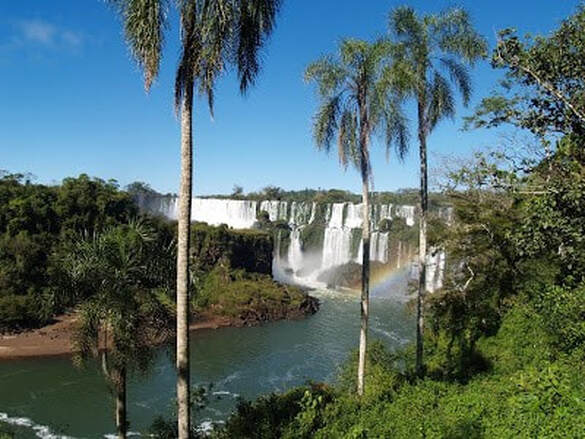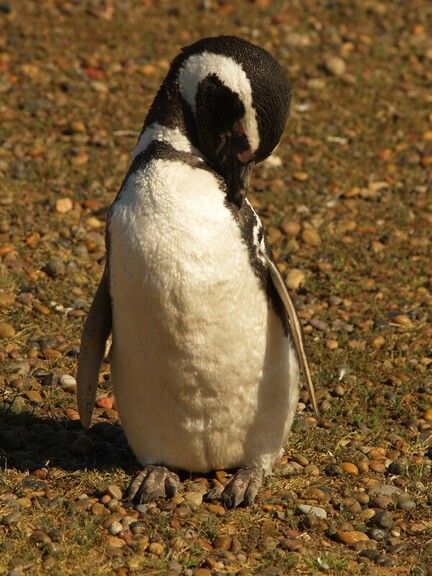Being enchanted again by Celia Dillow
In the end we could not stay. Argentina snagged us and snared us and spat us out. We were drawn to a grand adventure, pulled by the magnetic sliver which got under our skin years ago. And so, enchanted, we let her draw us back. We returned to the wide horizons and endless possibilities of the continent that made us, but we could not stay.
South America is a fine springboard for adventure. She conquered us years ago. Since then, we had brought up our boys on tales of faraway. They had been spell-bound by our stories of eagles and hummingbirds and armadillos. They had drooled at the thought of steaks the size of their heads. They knew where the rhea laid her eggs and what a penguin colony sounds like. They wanted to see and taste and feel it themselves.
So, we went to teach at a school in Buenos Aires, Argentina’s elegant, melancholy heart. She has broad avenues of jacaranda and eucalyptus, and raucous, unruly traffic. Glassy sky scrapers crush along the streets of wrought iron balconies, studded wooden doors and fine colonial buildings. Walls are tattered with posters and propaganda. There are whistles and sirens and horns. Dogs bark constantly. Even now, a background scent of stewing drains and sweetly roasting meat transports me there. It is a place of immense wealth, broken streets and tango-sad lives. Sprawling shanties, precarious with mud and card, creep alongside the mirrored towers - testament to years of chaotic governance and systems of care that cannot possibly save everyone.
At every break from the bells and timetables of school, we headed out of the city and across the pampa, through small towns and vast estancias. Black and white storks hunted in the ditches; there were rheas in the fields and flamingoes on the lakes. And, as the road disappeared into a curving horizon, there were riches and adventure beyond imagination.
In the North West is Jujuy, Argentina's most remote province. It is on the edge of the world and in the middle of nowhere. I left my heart there. It is a place of intense light and rare beauty. It is high and bleak and severe. People live harsh lives. They build homes from the rose-coloured mud bricks that dry in the sun. They herd llama or guanaco and grow spindly corn cobs and quinoa grains in the thin soil. In the mad altiplano landscape, even the midwinter sun burns hot and fierce, and in the black night, under a million stars, the ground freezes hard and cruel. Gigantic cacti point their arms to the sky. Their 'timber' is used for window frames, shutters and lintels, and for making picture frames and table lamps for the tourists. High altitude lakes are full of andean geese, puna teal and avocets dabbling and feasting in the shallows. Untouchable peace.
South east of the altiplano is the enchanted cloudforest or yungas. The vegetation is spiked silver with lichen. It presses in on every side and hides fabulous beasts and birds in its secret depths: hummingbirds, parrots, wood creepers. We peered hard into the gloom, trying to piece together the edges of an unusual shape, and a furry monkey face stared back at us. We held our breath for jaguar or puma but saw neither.
There is a finger of north eastern Argentina that stabs up into tropical Brasil. Here is a land of outrageous colour, where dripping mountains are cut by roads, red as blood. And here we fell in love with Argentina once more. Water thunders through a jungle of bright parrots and citrus butterflies. Rainbows spring into life. The trees are packed close with fuchsia and impatiens and monkeys feast on whorls of bromeliad. Black vultures, tiny in the distance, turn watchful circles. Toucans glide. Coatis raid picnics. We gazed, amazed. ‘I could stare forever’, said our 14-year old son.
Argentina’s western edge is the stronghold of the condor. The Andes fill the horizon to the ends of the earth and then tip east into the steppe and desert of Patagonia. On the Atlantic coast, the southern ocean is gin-clear and cold as ice. The wild waves knocked us over, tore our breath from our chests and filled our pants with sand. On Peninsula Valdez we watched the whales from the bay. They rolled close and considered us carefully. Further along the coast it was the penguins that grabbed us. ‘They bray like donkeys’, we had told the boys. And they heard that it was true. We could have picked one up and stuffed it in a backpack. But we didn’t.
For two years we were enchanted by that mighty land; our senses were saturated by her sights and sounds. We knew they would be. We crossed from the mountains to the jungle and from the desert to the beach. We tried to get under her skin. We adopted her rhythms and her song. We learnt to speak her language and added her tales to our storybox of memories. We made friends for life. The boys saw hundreds of species of bird and wonderful, wonderful animals. They really did eat steaks as big as their heads. They saw that there are different ways to be in the world. And we saw that their lives were changed forever by the decision we had made. We were touched by the kindness of many and we were torn apart by the cruelty of a few.
Enchanting, frustrating, heartbreaking Argentina was very easy to love but she was impossible to live with. She snagged us and snared us and spat us out. I wonder whether she will ever really let us go?














